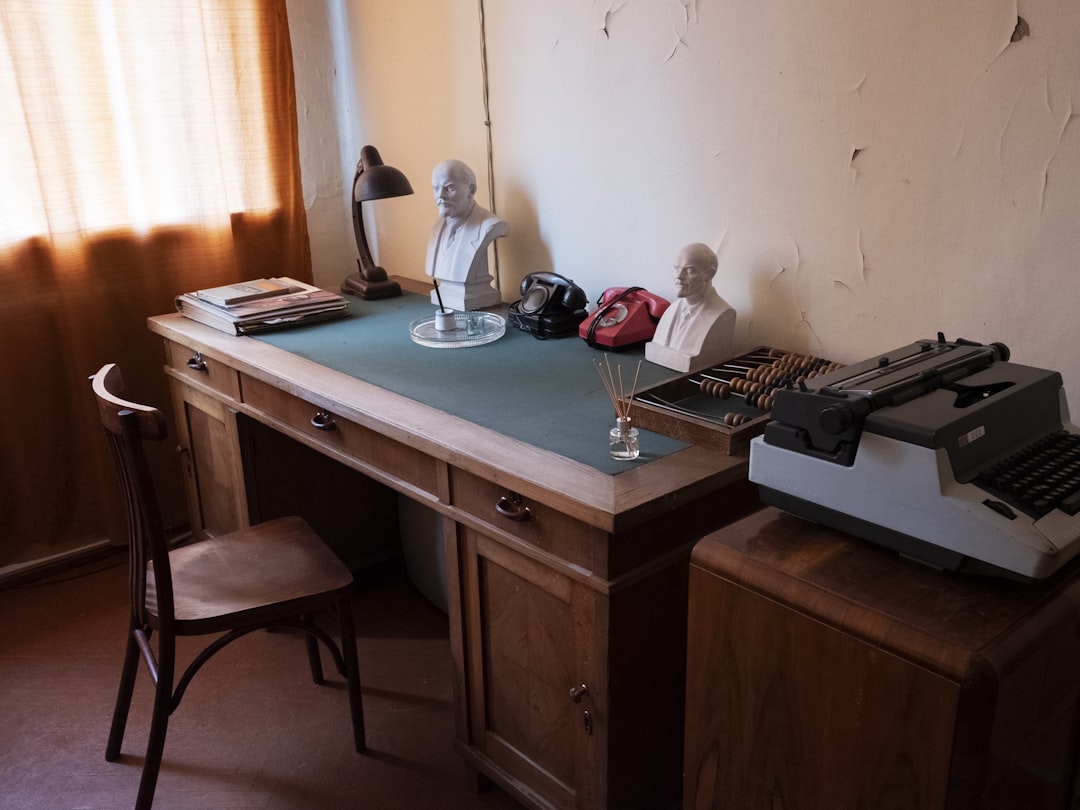When it comes to finding a perfect role in the care industry, you might be required to do a little bit more than just hand in your CV or fill out an application.
A DBS check is a requirement if you work with children or vulnerable adults.
This check is designed to confirm whether you’re eligible to fulfil this role and is a legal requirement all healthcare organisations must adhere to.
If you’re new to a DBS check, here’s a quick guide to help you understand and provide peace of mind.
What is a DBS check?
A DBS check is a record of a candidate’s criminal convictions and cautions orchestrated by the Disclosure and Barring Service.
It’ll help determine if you’re able to look after a vulnerable adult or child. It’s also used if you want to adopt a child or foster one.
Prior to a DBS check, this was commonly known as a CRB check before DBS replaced the Criminal Record Bureau following the Protection of Freedoms Act 2012.
Despite the name change, they’re essentially the same.
How does a DBS check work?
You’ll usually find that a healthcare employer or recruiter will state that a DBS check is required in either the job description or via communications.
To be eligible, you must be at least 16 years old.
Once you’re happy to proceed, the organisation/employer will carry out the check on your behalf.
Firstly, you’ll be given a DBS form by your new employer to fill out. You’ll then have to return the completed form with proof of identity, in which your employer will send to the DBS.
The DBS will then complete the checks and send you a certificate for you to show your new employer.
A DBS check can take around 8 weeks to complete, although it depends on how much detail is required by the employer or recruiter.
The process is usually fast-tracked for temporary roles to ensure the employer gets a quick solution.
There are three different types of DBS checks:
- Standard – this covers spent and unspent convictions, final warnings, cautions and reprimands.
- Enhanced – this covers the same as Standard, plus any extra information the police have on file.
- Enhanced with list checks – this covers the same as Enhanced, plus a check of the DBS barred lists.
This check doesn’t ever officially expire, so it’s up to the employer to request another one if they see fit. You can both use the DBS update service to complete quick additional checks.
What if the information on my DBS check is incorrect?
If you believe that the check isn’t right, you can appeal against it within three months of receiving the DBS certificate.
This can include any errors in the criminal records provided or even to make changes to your personal details.
It’s up to either you or your employer to speak to the authorities to get the ball rolling on this.
Other things to remember
You may find that a lot of healthcare jobs also require a routine background check as well.
It’s worth checking with the necessary authorities to see if your details are up to date, otherwise, this could slow down your application further down the line.
One of the biggest factors to remember with background checks is to watch out for any employers that discriminate against you.
For instance, if they bring up any medical conditions and disabilities before offering a job (providing it’s not in regards to attending an interview), you may have grounds for discrimination.
Your application shouldn’t be hampered by your race, sexual orientation, religious beliefs or anything that falls under the diversity section of the application.
As a best practice, it’s also worth taking the time to clean up your social media profiles as this can impact the impression you give off.
In fact, according to Career Builder’s report, 70% of employers have admitted to snooping at a candidates’ social media profile before hiring.
Furthermore, 39% of businesses and organisations didn’t hire a job seeker because they found inappropriate or provocative images, videos or statuses on popular social media platforms.
As a rule, always:
- Check your photographs and videos – including your old ones from your university.
- Tweak your privacy settings to ensure strangers only have a restricted view of your profiles.
- Check grammar in your tweets and updates, as this can put some employers off.
- Google yourself to see what comes up.
- Keep your profile up-to-date and reasonably active to show you have a presence.
Final thoughts
Although a DBS check can sound rather daunting, it shouldn’t be.
If you haven’t had any issues with the law, you’ll more than likely pass with flying colours and start working in the healthcare sector in no time at all.
Similarly, background jobs are just a necessary precaution which most recruiters and employers like to do for due diligence.
Just be prepared and do a spot of spring cleaning on your social media accounts.
If you feel like your application has breached the laws of the official employment terms and conditions, take a look at Gov.UK to find out what to do.
Looking for a job? Then don’t forget to register with us today.





